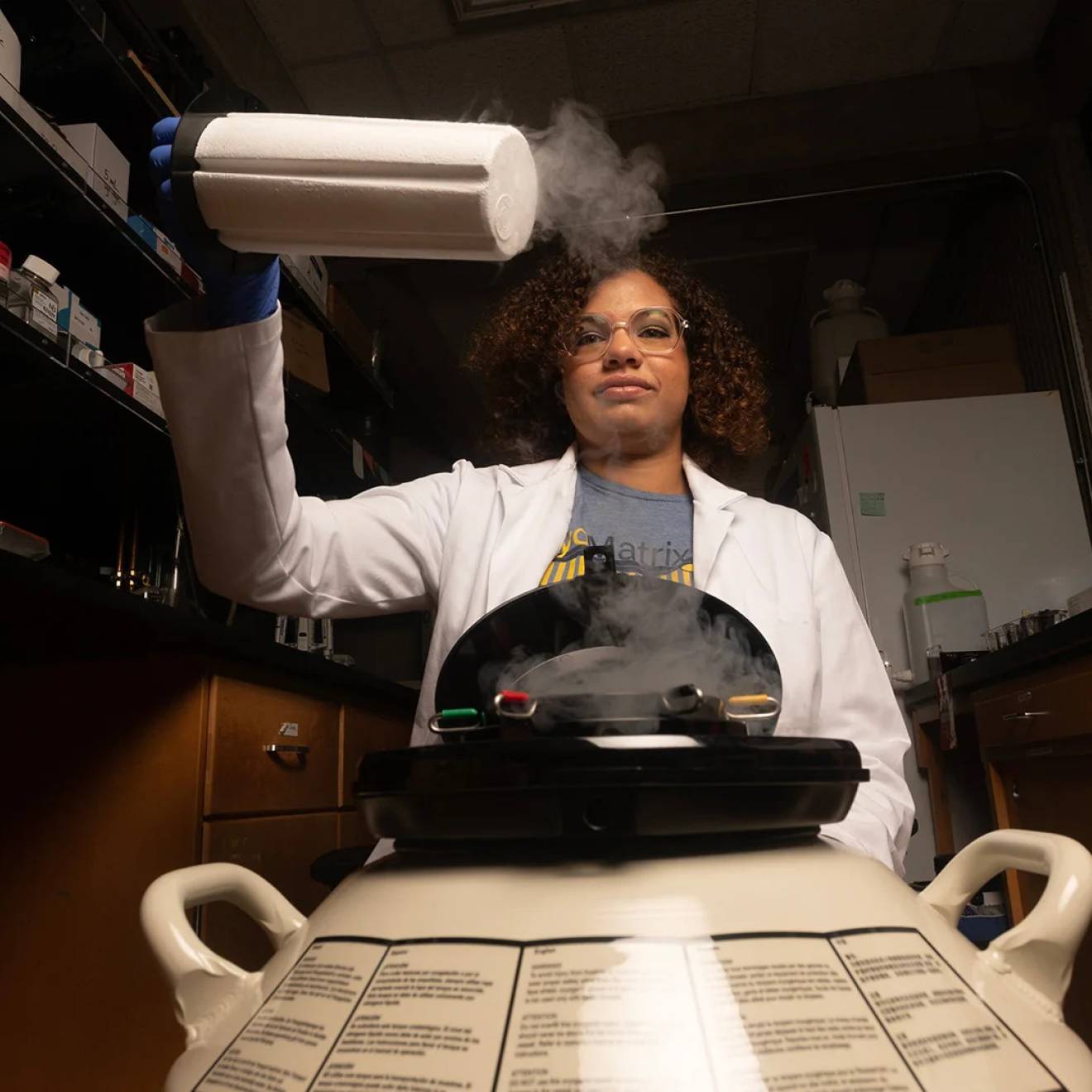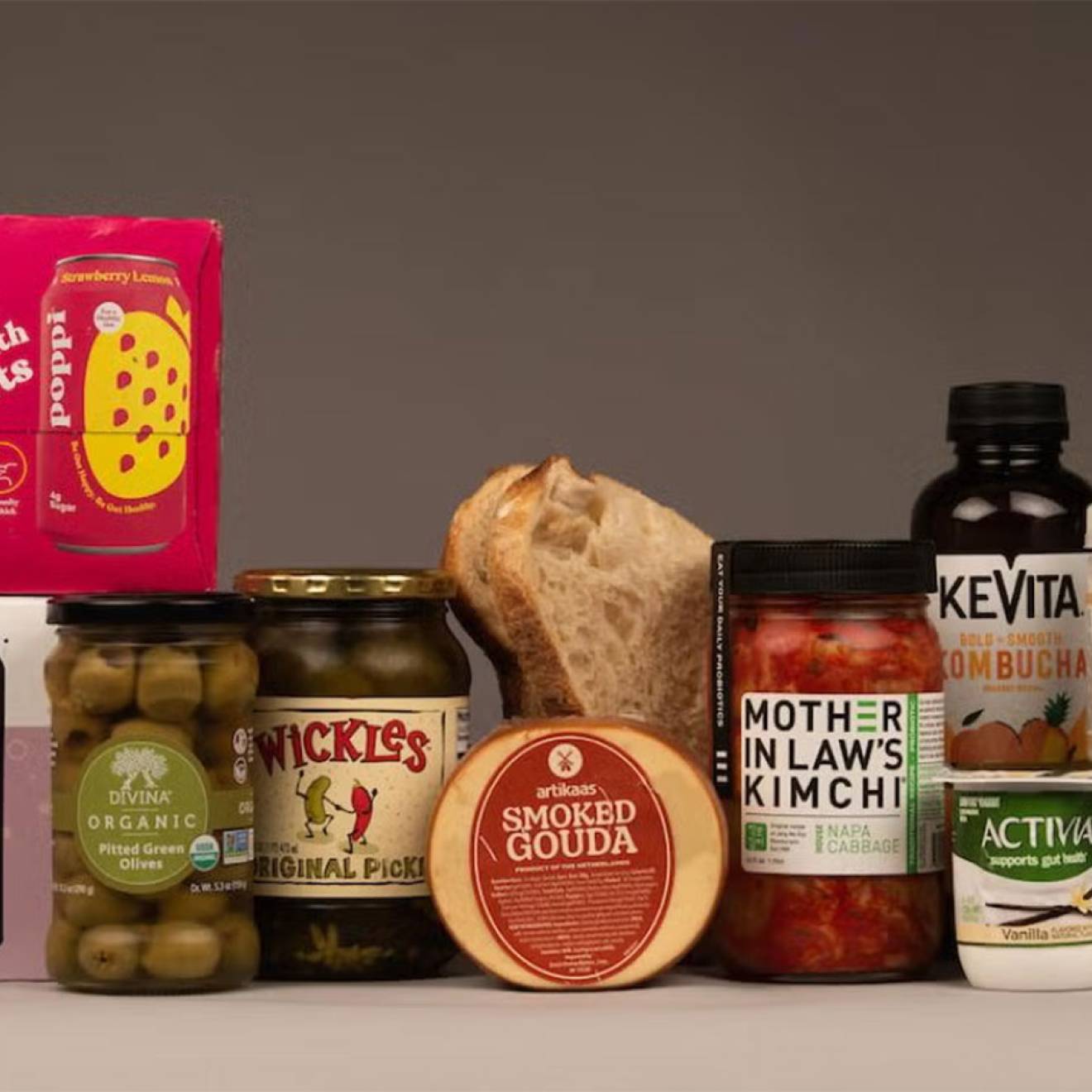Iqbal Pittalwala, UC Riverside

What we eat is central to our health. In keeping with this idea, a lecture series on the science of food and health begins at UC Riverside on April 9.
The lectures — four in total — are presented by the College of Natural and Agricultural Sciences in partnership with the California Agriculture and Food Enterprise (CAFÉ) at UCR and the UC Global Food Initiative.
All the lectures are free and open to the public, with no charge for parking. They will take place from 5:30-6:30 p.m. in rooms D and E, UC Riverside Extension Center, 1200 University Ave., Riverside. Seating is open.
“From global hunger to the Food Network to obesity to Michael Pollan, never before has popular interest in food been so strong,” said Norm Ellstrand, a professor of genetics at UCR and the campus lead for creating the CAFÉ institute. “It’s time for UCR’s best to share with our community what we’ve already done regarding the science of the food-health interface.”
The April 9 lecture is titled “Feeding Botswana: From Field to Lab to Vaccine.” It will be given by UCR alumnus Larry K. Grill of the Keck Graduate Institute (KGI) in Claremont.
“Safe and effective vaccines and therapeutics are being produced using plant-based systems, including a revolutionary Ebola therapeutic treatment currently being tested on humans in Africa,” said Grill, the dean of research and the director of the Vaccine Research Center, which has research laboratories at both KGI and Pitzer College. “There have been several technological advances with this methodology. The products have had positive results in clinical trials with some proceeding through the FDA approval process, and are being used to save lives. These plant-produced vaccines and therapeutics can reduce the cost so that they can be used in the poorer, less developed African countries.”
In his talk, Grill will provide updated information on KGI’s collaboration with partners in Botswana and Kenya to develop low cost vaccines for several devastating cattle diseases in Africa.
“Our collaborators in Africa have identified several devastating diseases for cattle and we have used the new technologies in the lab to make and test the vaccines,” he said. “We have found plant-produced vaccines to be safe and effective in multiple animal trials performed here in the United States. We are now making plans to test the vaccine candidates on cattle in the field in Botswana to see if we can safely protect the animals from disease and assist with the food problems that exist in Africa.”
Grill noted that since 2009 the students working at the Vaccine Development Center have been involved in collaborative research projects to develop low cost vaccines for economically important diseases in developing countries. The primary collaborators in Africa include researchers at the University of Botswana and the Botswana Vaccine Institute, which are located in Gaborone, Botswana.
Grill also teaches courses at the Claremont Colleges Keck Science Department and at KGI. Prior to joining the Claremont colleges, he was one of founders of Large Scale Biology Corp. (LSBC), which became a publicly held company in 2000. The biotechnology company made therapeutic drugs, pharmaceuticals and vaccines using a unique plant viral gene expression system utilizing technology originating at UC Riverside. LSBC garnered an international reputation as an innovator in biomanufacturing in plants and produced multi-kilogram quantities of therapeutic proteins and vaccine candidates. It had successful human clinical trials, producing patient-specific vaccines as a therapeutic treatment for non-Hodgkin’s lymphoma cancer patients.
Grill received his Ph.D. in plant pathology at UC Riverside in 1979. He has published more than 25 peer-viewed scientific papers and is an inventor on more than 30 issued U.S. and world patents.
The other three talks in “The Science of Food and Health” series are:
- “Food Security for Africa: The Cowpea Story From Lab to Plate,” April 23
- “Seeds of Change: UCR’s Healthy and Sustainable Food Initiative,” May 7
- “What You Eat Is How You Feel: Nutrition and Its Impact on Immunity and Health,” May 21
For more information about the lecture series, please click here.

